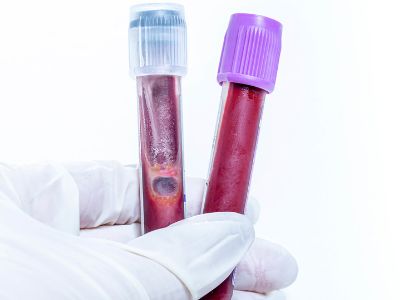Parkinson’s Disease

Parkinson’s disease is a progressive nervous system disorder that affects movement. The symptoms begin slowly and sometimes it starts with a barely noticeable tremor in just one hand. Tremors are common but the disorder also commonly causes stiffness or slowing of movement. Some people with Parkinson’s disease are detected when they are 60 years old or older, but early-onset Parkinson’s disease also occurs.
What Are the Signs and Symptoms of Parkinson’s Disease?

Here are some early signs of Parkinson’s disease:
- Gait – the person’s posture may change so that they lean forward slightly as if they were hurrying. They may also develop a shuffling gait.
- Movement – there may be a tremor in the hands.
- Facial expression – this can become fixed, due to changes in the nerves that control facial muscles.
- Coordination – a reduced sense of coordination and balance can cause people to drop items they are holding. They may be more likely to fall.
- Handwriting – this may become more cramped and smaller.
- Sleep problems – are a feature of Parkinson’s, and they may be an early sign. Restless legs may contribute to this.
- Sense of smell – a loss of sense of smell can be an early sign.
- Voice – there may be a tremor in the voice, or the person may speak more softly than before.
Other common symptoms may include:
- Mood changes
- Constipation
- Difficulty chewing and swallowing
- Skin problems
- Problems with urination
- Sleep problems
What Causes Parkinson’s Disease?
Certain nerve cells in the brain slowly break down if you have Parkinson’s disease. Several symptoms occur due to a loss of neurons that produce a chemical messenger in your brain called dopamine. When its level is decreased, it causes abnormal brain activity which may lead to impaired movement and other symptoms of Parkinson’s disease.
Several factors may be the cause of this disease, including:
- Environmental triggers – exposure to certain toxins or environmental factors may increase the risk of later Parkinson’s disease, but the risk is relatively small.
- Genes – experts have identified particular genetic mutations that can cause Parkinson’s disease, but these are uncommon except in rare cases with many family members affected by Parkinson’s disease.
How to Diagnose Parkinson’s Disease?

Your doctor will diagnose Parkinson’s disease based on your medical history, a review of your symptoms, as well as neurological and physical examination. Your doctor may suggest some tests including:
- Dopamine transporter scan (DaTscan)
- Blood tests
- Imaging tests
Sometimes it takes time to diagnose Parkinson’s disease. Doctors may recommend regular follow-up appointments with neurologists trained in movement disorders to evaluate your condition and symptoms over time and diagnose Parkinson’s disease.
Treatment and Medication for Parkinson’s Disease
Parkinson’s disease doesn’t have a certain cure, but medications can help control your symptoms. In some more advanced cases, surgery may be advised.
Medications your doctor may prescribe include:



